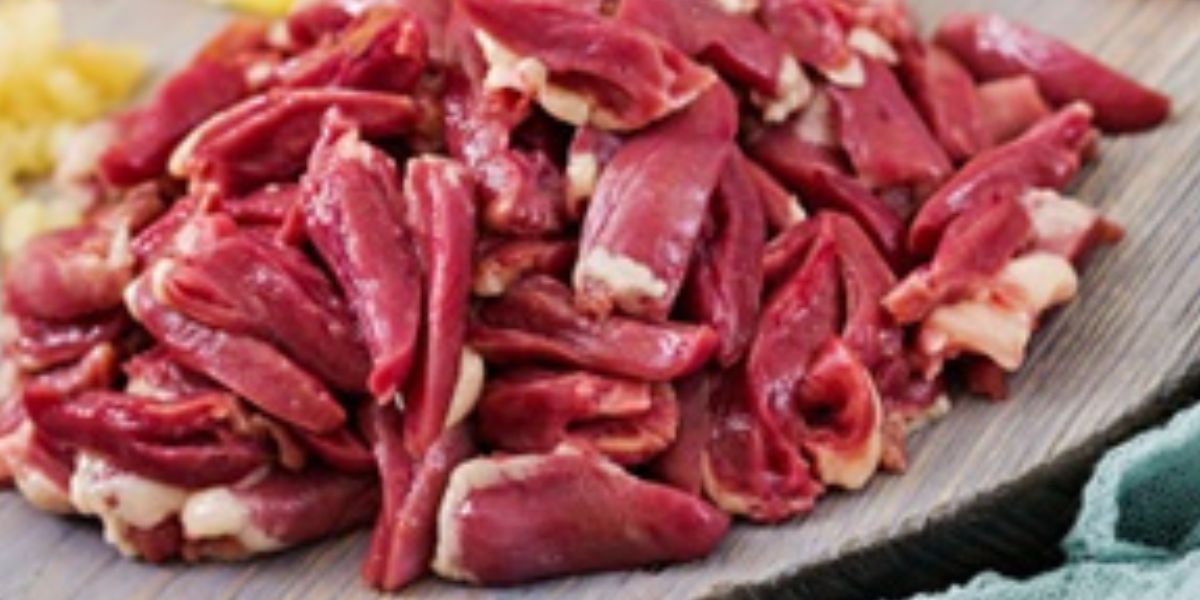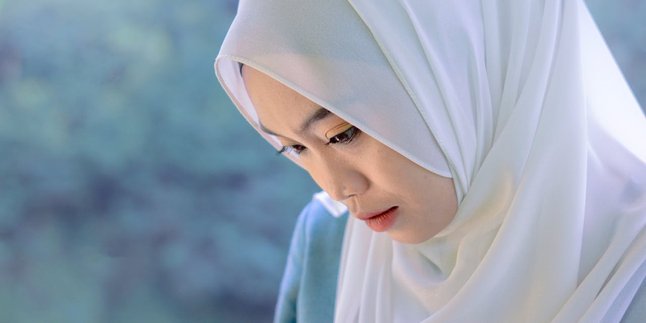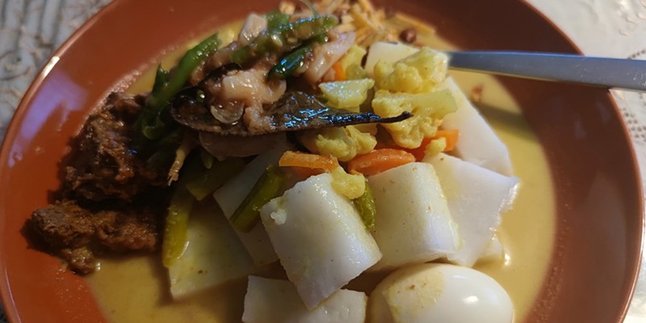Kapanlagi.com - Eid is synonymous with various delicious dishes that tantalize the taste buds, ranging from coconut milk dishes to a variety of sweet cakes. However, for diabetics and cholesterol patients, enjoying Eid dishes can be a challenge. Choosing the wrong foods can lead to spikes in blood sugar or increased cholesterol levels, which risks triggering serious health complications.
According to Kemenkes RI, many patients experience elevated blood sugar and cholesterol after Eid due to the consumption of high-fat, high-sugar, and high-salt foods without control. If not managed, this condition can trigger complications such as stroke, heart disease, and uncontrolled diabetes.
So, what foods and beverages should diabetics and cholesterol patients avoid during Eid? Check out the list below.
1. Sweet and High Sugar Foods
This food can cause a drastic spike in blood sugar levels, increasing the risk of uncontrolled diabetes and leading to obesity.
Types of food to avoid:
- Lebaran cookies (nastar, kastengel, snow princess, chocolate cookies)
- Wet cakes (lupis, klepon, steamed sponge cake, brownies)
- Banana kolak
- Rice flour porridge and candil
- Fermented sticky rice
- Candy and sweet chocolate
This food generally contains granulated sugar, syrup, wheat flour, margarine, and artificial sweeteners that can drastically increase blood sugar.
Sweet and Carbonated Drinks
These drinks are high in sugar and carbohydrates that are easily absorbed by the body, posing a risk of diabetes, obesity, and extreme blood sugar spikes.
- Types of drinks to avoid:
- Syrup ice
- Mixed ice and teler ice
- Grass jelly ice and kopyor ice
- Soda drinks with excessive sugar and creamer
- High-sugar packaged drinks
One can of soda contains about 140 calories and 36 grams of sugar, which can immediately raise blood sugar levels!
Coconut Milk and High-Fat Foods
This food contains saturated fats and high cholesterol that can clog blood vessels, increasing the risk of stroke, heart attacks, and high blood pressure.
Types of food to avoid:
- Chicken opor
- Goat and beef curry
- Fatty meat rendang
- Coconut milk lodeh vegetables
- Betawi soto with coconut milk
- Stir-fried liver sambal with coconut milk
Saturated fats in repeatedly heated coconut milk can turn into trans fats that are harmful to the body.
2. Fried and Oily Foods
Fried foods contain trans fats and saturated fats that can increase levels of bad cholesterol (LDL), cause obesity, and raise the risk of heart disease and hypertension.
Types of food to avoid:
- Cassava chips, potato chips, and crackers
- Peanut and anchovy rempeyek
- Fried chicken and fried chicken skin
- Fried tofu and tempeh in a lot of oil
- Fried potato sambal
Fried foods cooked in reused oil contain carcinogenic substances that can trigger cancer.
High Salt (Sodium) Foods
Excess salt in food can lead to hypertension, fluid retention, and worsen heart and kidney conditions.
Types of food to avoid:
- Salty chips and salted nuts
- Dried beef and beef floss
- Rendang with a lot of salty seasoning
- Packaged sambal with high sodium content
- Canned and processed foods (sausages, nuggets, corned beef)
People with hypertension should limit salt intake to a maximum of 1 teaspoon (5 grams) per day.
High Carbohydrate Foods
These foods have a high glycemic index, which can quickly raise blood sugar levels and cause insulin resistance.
Types of food to avoid:
- Ketupat and lontong in large portions
- Excess white rice
- Instant noodles and fried vermicelli
- Sweet bread and martabak
- Boiled corn in large quantities
People with diabetes should choose complex carbohydrates such as brown rice, quinoa, or boiled sweet potatoes in small portions.
Fatty Red Meat and Offal
High-fat red meat can increase bad cholesterol levels and trigger heart disease, stroke, and gout.
Types of food to avoid:
- Fatty beef and goat meat
- Offal (liver, intestines, tripe, brain, tendons)
- Goat satay with excessive fat
- Beef meatballs with a lot of fat
Choose lean meat or healthy protein sources such as fish and skinless chicken.
Excessive Alcoholic and Caffeinated Beverages
Excessive alcohol and caffeine can cause dehydration, increased blood pressure, and disrupt liver and kidney function.
Types of drinks to avoid:
- Alcoholic beverages
- Coffee with high sugar and cream
- Energy drinks with high caffeine content
People with diabetes and high cholesterol should replace these drinks with green tea, plain water, or healthier infused water.
3. Healthy Food Recommendations
To assist individuals with diabetes and cholesterol, here are some recommended foods:
- Non-starchy vegetables: spinach, broccoli, cauliflower, carrots, tomatoes.
- Low-sugar fruits: apples, oranges, pears, strawberries.
- Whole grains: oatmeal, quinoa, whole wheat bread.
- Low-fat proteins: skinless chicken breast, fish, tofu, tempeh.
- Nuts: almonds, walnuts, peanuts (in moderation).
- Low-fat milk and dairy products.
- Healthy oils: olive oil, canola oil.
Combining these foods into a daily menu can help control blood sugar and cholesterol levels.
Individuals with diabetes and cholesterol should be more selective in choosing foods and drinks. By applying the principles of a healthy diet during Eid, they can create a balanced menu that supports their health.
(kpl/frr)
Disclaimer: This translation from Bahasa Indonesia to English has been generated by Artificial Intelligence.












